PAST EVENTS 2023
Speakers 2023
Full speaker profiles are listed on this web page in alphabetical order.
You can also view these profiles organised by program session in the speaker booklet. This is available as a downloadable PDF here:
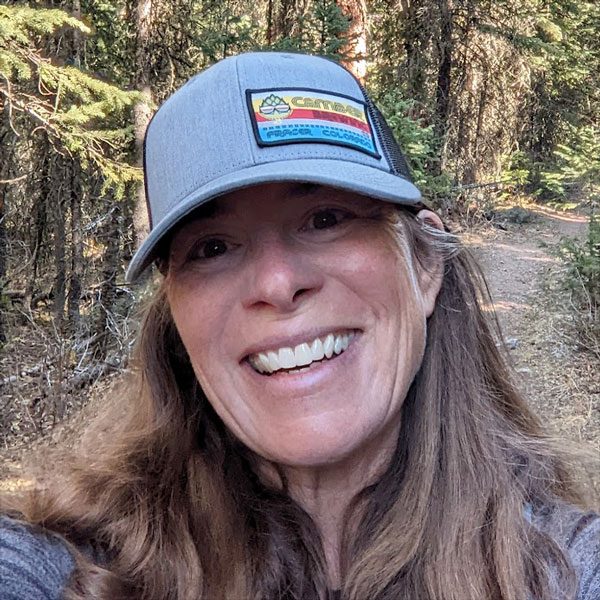
Joletta Belton
Hey there, thanks for reading my bio. I'm Jo, a reader, writer, dog mom, and nature lover. I'm also a fierce advocate for the equitable inclusion of lived expertise in the work of pain. I got hurt many a moon ago working as a firefighter paramedic. It wasn’t much of anything at the time, then became life-altering and world upending. I was forced to medically retire from the career that had defined me and started down a path of trying to better understand pain and what to do about it. I’m still on that path. MyCuppaJo.substack.com is where I make sense of pain through science, stories, philosophy, and art through the lens of my own lived experiences of pain and trauma and struggling to find the right care. I'm also a partner in pain research, an author on peer-reviewed papers and textbook chapters, founding co-chair of IASP's Global Alliance of Partners for Pain Advocacy, and the first Patient & Public Partnerships editor at the Journal of Orthopaedic & Sports Physical Therapy.
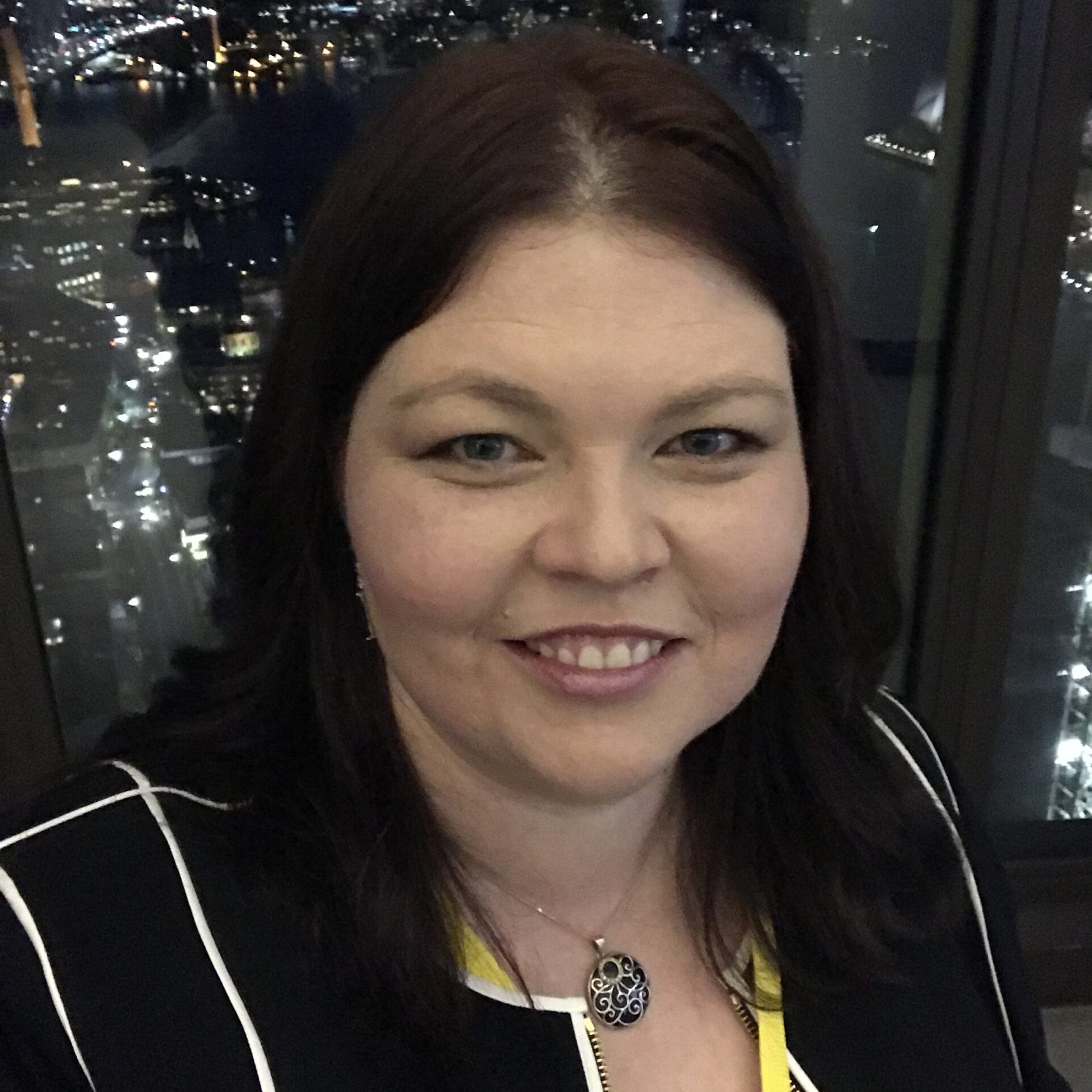
Janelle Bowden
Janelle Bowden, PhD, is a scientist by training and has 20+ years of experience working in and around clinical trial operations in Australia and overseas, for sponsors, sites, and as a consultant. Janelle has a passion for greater consumer participation and involvement in research, and improving the trial participant’s experience. Janelle’s social enterprise, AccessCR, provides services to organisations involved in the research sector. This work funds our activities to support, build capacity in, connect and advocate for the needs of people looking for, taking part in and contributing to medical research and clinical trials - the Community and Consumer Research Workforce (CCReW).
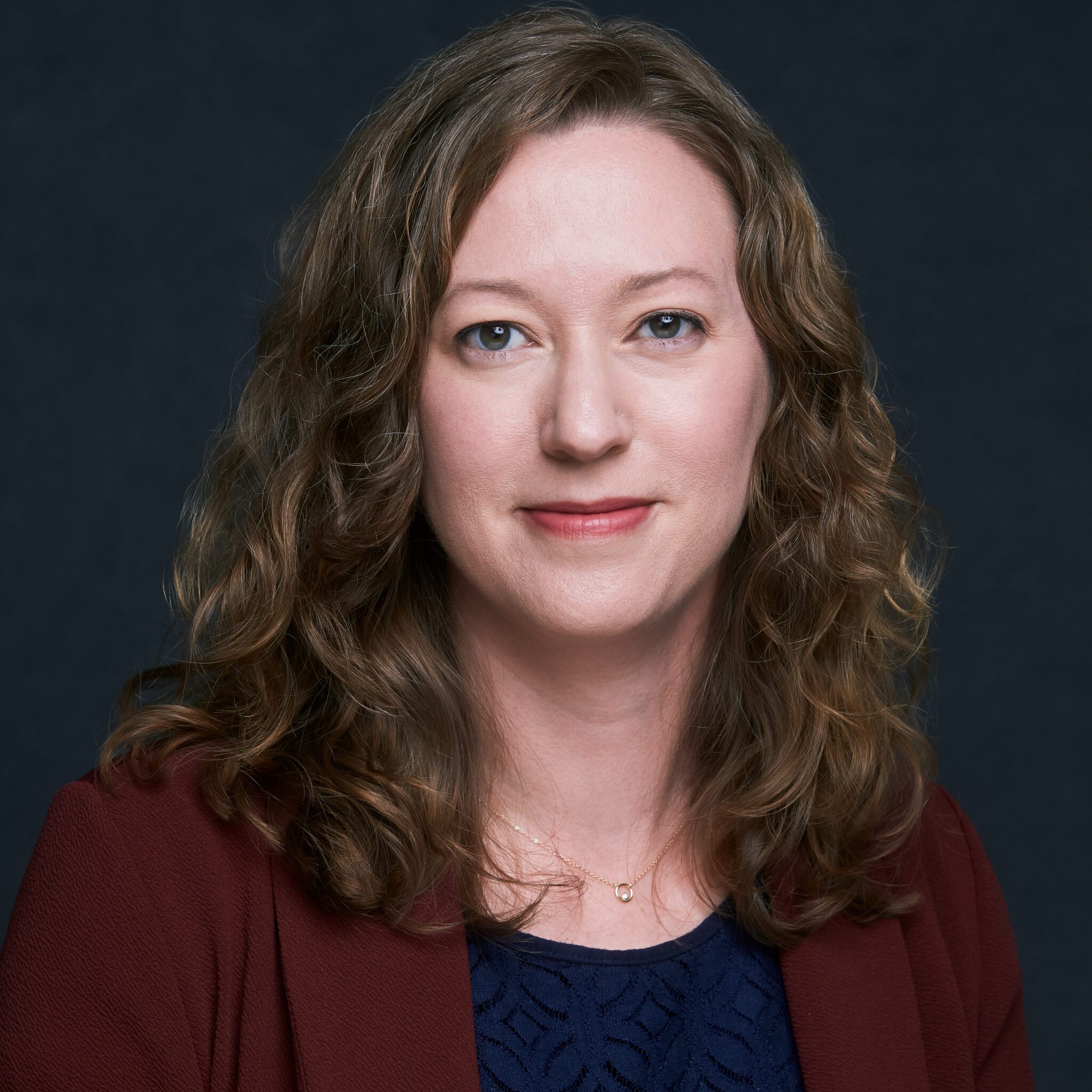
Christine Broderick
Christine Broderick, MPH, is a Senior Engagement Officer at the Patient-Centered Outcomes Research Institute (PCORI). She provides thought leadership on engagement strategy and practice, and provides consultative guidance on engagement to support management of PCORI’s research portfolio. In this role, Broderick advises on strategies to assure engagement of patients and other partners throughout the research process, and assistance to investigators and other awardees to build capacity for engagement.
Before joining PCORI, Broderick spent many years at the National Partnership for Women & Families, supporting partnerships between patients and families and a range of health care partners, including hospitals, ambulatory practices, health systems, policymakers, and quality measure developers – and advocating for policies to make health care more patient- and family-centered.

Sneha Dave
Sneha graduated from Indiana University in May 2020 where she majored in chronic illness advocacy as well as journalism. She created Generation Patient and its program the Crohn’s and Colitis Young Adults Network (CCYAN) to develop support systems for adolescents and young adults with chronic conditions across the U.S. and internationally. She is proud to work with a team composed entirely of young adults with chronic conditions and also to keep Generation Patient and CCYAN independent from the pharmaceutical and insurance industries. Sneha has completed an undergraduate research fellowship in health policy at Harvard T.H. Chan School of Public Health. She has also interned at numerous places such as Pfizer in health economics and outcomes research for Inflammation and Immunology.
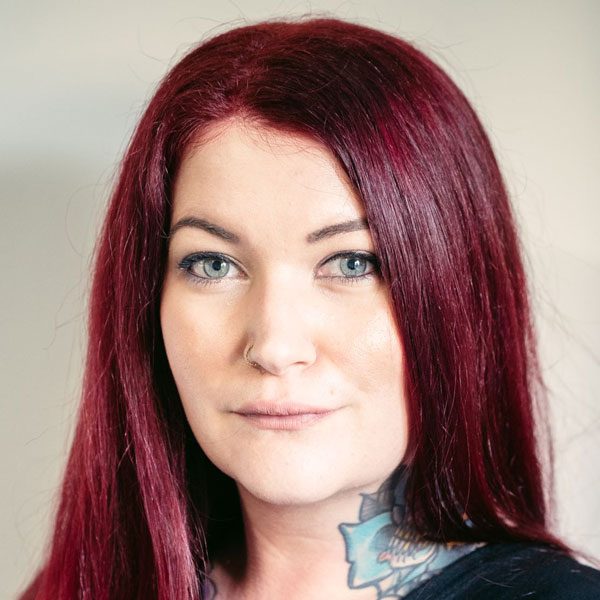
Eileen Davidson
Eileen Davidson is a rheumatoid arthritis patient advocate, writer and speaker from Vancouver, BC. She is a regular writer for Creaky Joints, an ambassador with The Arthritis Society and patient advisory board member (APAB) with Arthritis Research Canada among many more. Healthline, Everyday Health and Health Central have called her blog and social media channels one of the best in the arthritis community to follow. For a professional or panel event, Eileen Davidson's extensive knowledge and experience in the arthritis community make her an excellent resource and advocate. As a speaker, she brings a unique perspective and personal story that can inspire, educate and engage. As a writer, she is a skilled communicator and can provide valuable insights and information on the topic of arthritis advocacy.
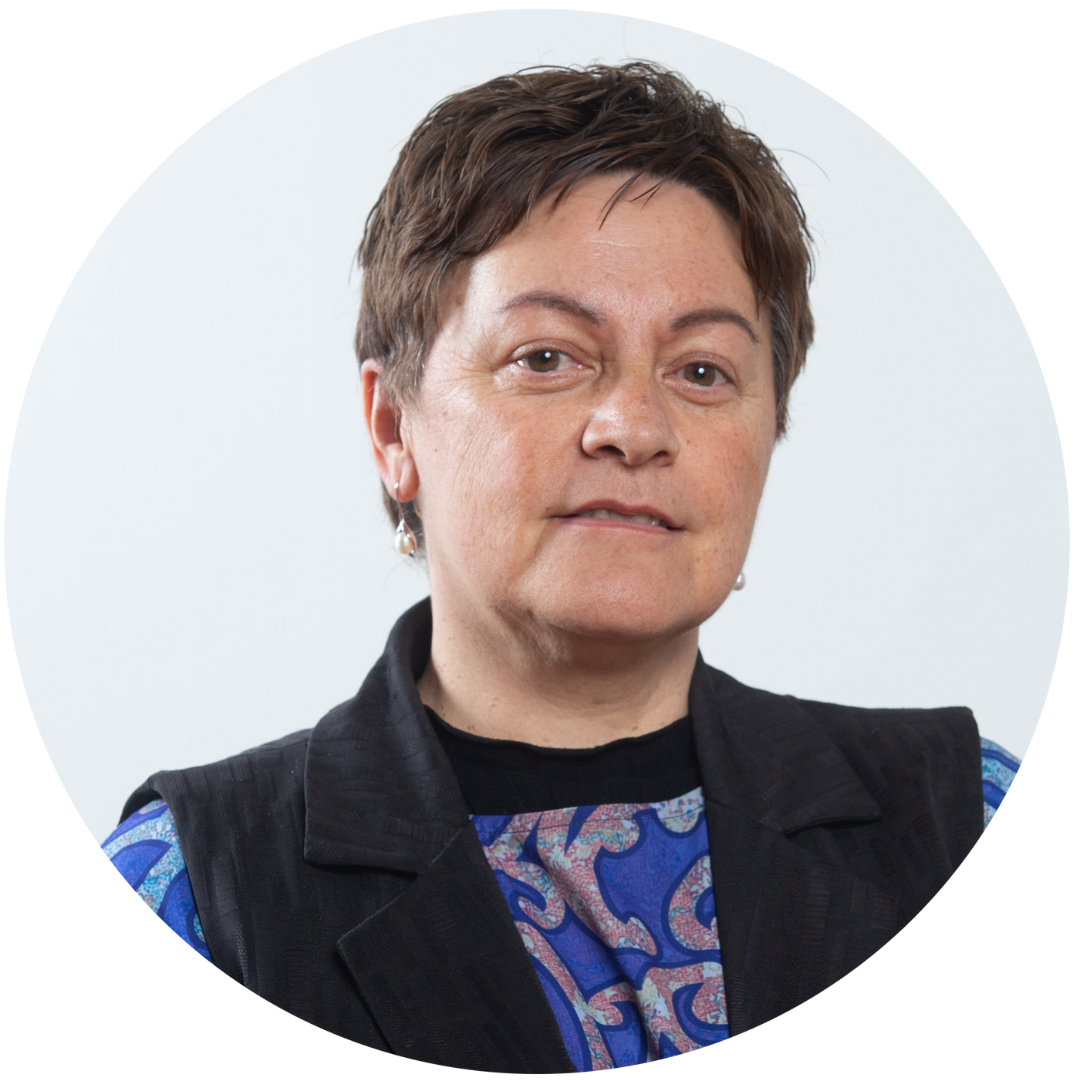
Cheryl Davies
Cheryl Davies, Ko Ngāti Raukawa, Ngāti WehiWehi, Ngāti Mutunga o te Wharekauri oku iwi. Cheryl is the manager of Tu Kotahi Māori Asthma Trust and a senior Māori researcher with the University of Otago. Cheryl has managed the Tu Kotahi Māori Asthma and Research Trust - the first Māori asthma society in New Zealand - for over 30 years. Cheryl has worked alongside the University of Otago on a number of key research studies involving Māori communities over the past 23 years. Cheryl is an expert in strengths based Kaupapa Māori (by Māori, for Māori) qualitative research methodologies. She is a strong advocate for Whānau Ora approaches to health centring whānau (family group as a whole) aspirations at the heart of research. She has led or contributed to numerous studies relevant to Māori health and is widely published.

Shoba Dawson
Shoba is a Research Fellow at the Centre for Academic Primary Care, University of Bristol. Shoba’s PhD explored how patient and public involvement can be made more inclusive in health research. Her research interest and expertise include patient and public involvement and engagement, increasing ethnic diversity in research and evidence synthesis. She led on developing the Trial Forge 3 guidance on how to recruit and retain ethnic minority groups in trials. She was also commissioned by the NIHR Centre for Engagement and Dissemination to explore how NIHR can support equity and tackle inequalities.

Diarmuid Denneny
I am a physiotherapist with a specialist interest and experience in working with people with persistent (chronic) pain. I have a personal interest in mindfulness and trained to be a teacher in 2014. I am a past chair of the Physiotherapy Pain Association , was a committee member for the NICE chronic pain guidelines (NG193), a member of the GAPPA task force, and a member of the Live Well with Pain team. I am currently doing my PhD research with a GUDTP fellowship from the ESRC exploring what emerges in the place between receiving healthcare (treatment) and living well with pain. I’m also training in forest therapy.

Hemakumar Devan
Dr Hemakumar Devan (he/him) is a clinical academic in pain management from New Zealand, working as a Lecturer at the Rehabilitation Teaching and Research Unit, University of Otago and as a Pain Management Physiotherapist at the Wellington Regional Pain Service, Te Whatu Ora Capital, Coast and Hutt Valley. With equity and valuing lived experience expertise at the centre, Dr Devan’s research programme aims to foster self-management support to empower people with persistent pain and their whānau (family and significant others). He currently co-leads a HRC Health Delivery Project Grant to co-develop and implement a story-based, whānau-focused, opioid tapering intervention for people with chronic non-cancer pain. Strategically, his goal is to address health inequities and improve health outcomes for people with persistent pain and their whānau.
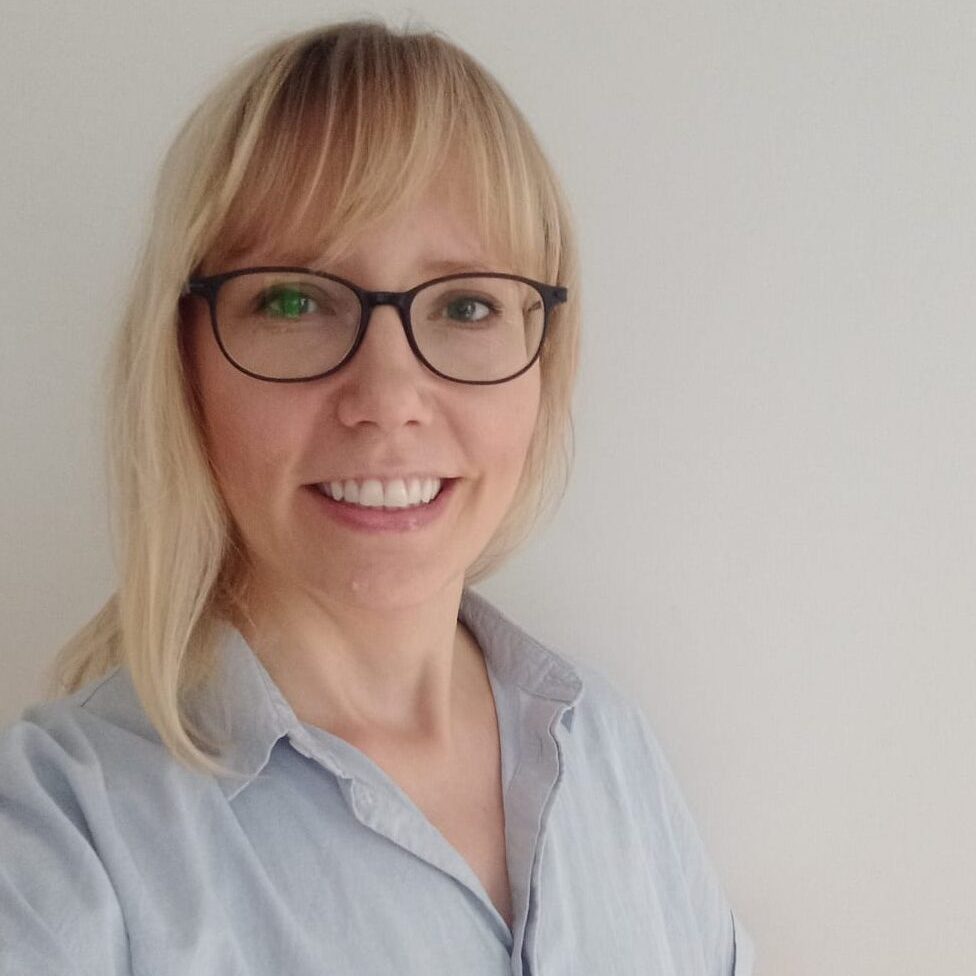
Maria Dutarte
Maria Dutarte is the Executive Director of the European Patients’ Academy (EUPATI) since 2020. Maria has previously worked for the European AIDS Treatment Group (EATG) coordinating patient involvement in a number of training initiatives and scientific projects. She has also worked for different scientific and international organisations, e.g. French National Research Center for Scientific Research (CNRS), International AIDS Society (IAS), The Global Fund to Fight AIDS, Tuberculosis and Malaria and The International Foundation for Science (IFS). Her educational background is in International Education and Communications.
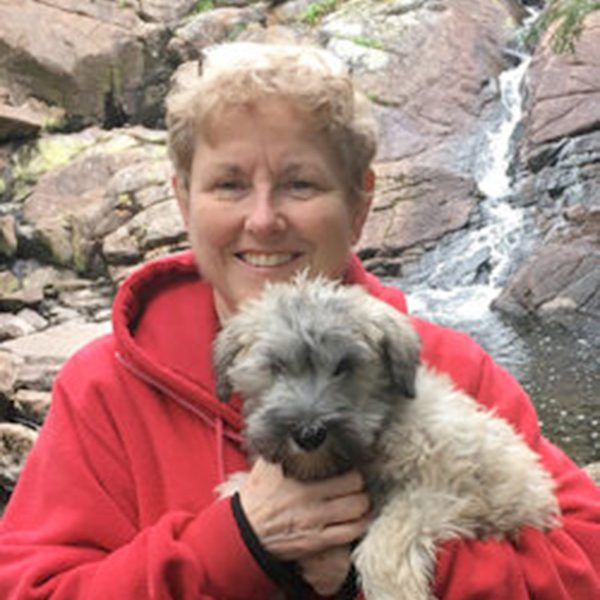
Trudy Flynn
Trudy Flynn is a medically retired Nurse from Nova Scotia. She was diagnosed with Fibromyalgia over 31 years ago. She controls her Fibromyalgia with exercise, is a long distance runner and follows the slow but steady mantra. Trudy started being involved in research as part of a Clinical Trial in 2009 through the Nova Scotia Pain Clinic, which led to her first experience with actual Patient Engagement in 2014 as part of the steering committee for the CIHR - James Lind Alliance Adult Fibromyalgia Priority Setting Partnership. Trudy was a Patient Representative at the Canadian Pain Summit in Toronto in September, 2014 and it was at this Summit, listening to Researchers that Trudy realized how important Knowledge Translation and Patient Engagement were to making research relevant to the community the research is supposed to serve. As a result of this realization Trudy became a Research Ambassador for CIHR – IMHA and later a Patient Engagement Research Ambassador (PERA).
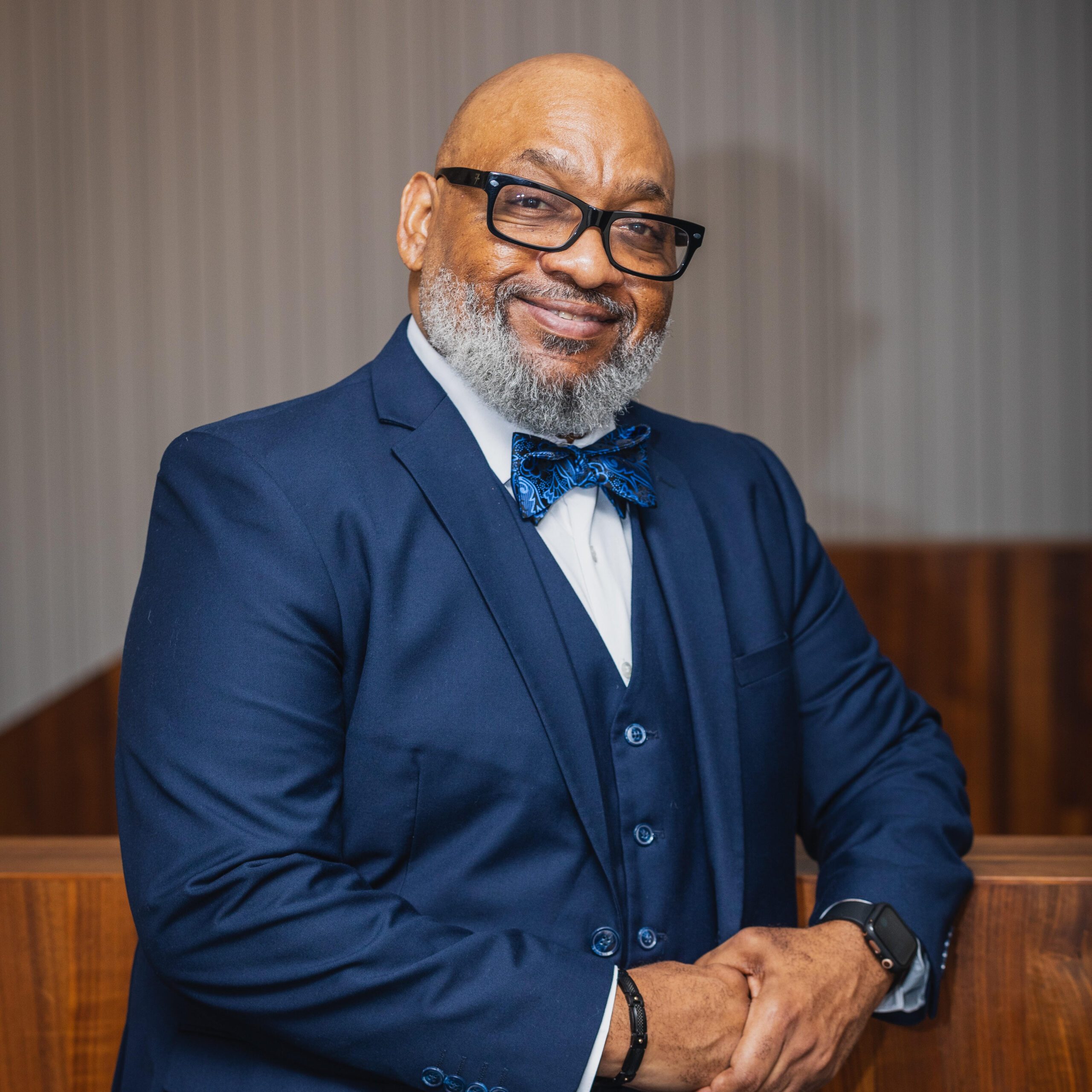
Patrick Gee
Patrick Gee, Ph.D., is a Healthcare Consultant/Community Activist fighting against systemic issues such as poverty, social and racial injustices, criminal justice reform, health equity, and education reform. Patrick is the Founder and Chief Executive Hope Dealer at iAdvocate, a faith-based health and wellness organization that serves the undervalued, underserved, and disenfranchised communities of color.
Patrick graduated from American University, Washington, DC, with a Doctor of Philosophy in Justice, Law, & Criminology in 2012. Patrick is a patient advocate living with Diabetic Kidney Disease. He travels the country sharing his lived experience with medical providers, pharmaceutical companies, researchers, and patients to create access to a better quality of life, access to care, treatments, and solutions for those living with diabetes, kidney disease, heart disease, hypertension, and health equity challenges.
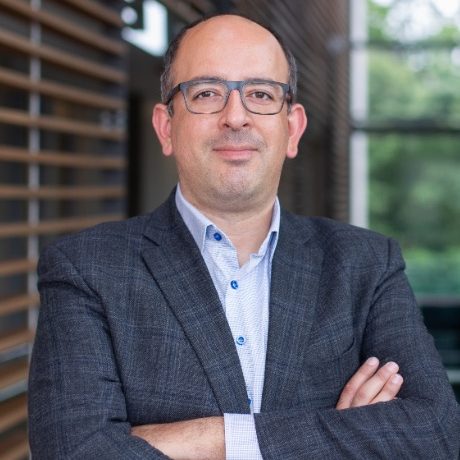
Nader Ghasemlou
Dr. Nader Ghasemlou is an Associate Professor in the Departments of Anesthesiology and Biomedical & Molecular Sciences at Queen’s University, where he leads the Pain Chronobiology & Neuroimmunology Lab (ghasemloulab.ca) and the Interdisciplinary Pain Neuroimmunology group. His research team uses a translational approach to study the intersection of neuroimmunology, pain physiology, and circadian biology. Work in the lab uses various animal models of tissue injury and disease, including multiple sclerosis, spinal cord injury, postoperative wounds, and neuropathic nerve injury to better understand the molecular, cellular, and systems responses underlying disease.
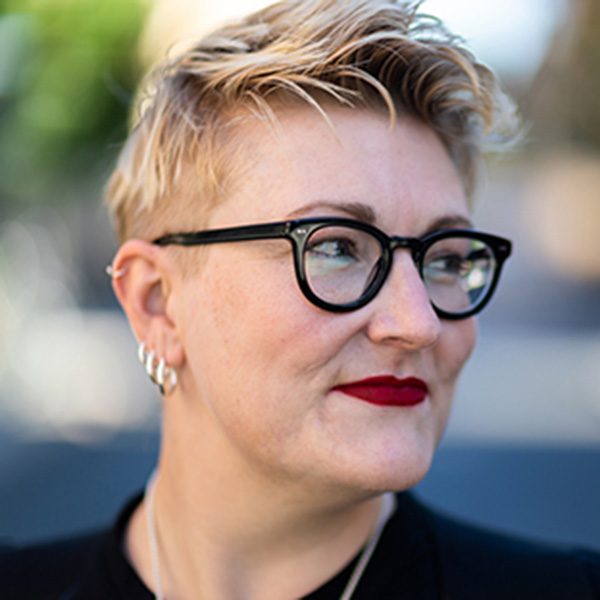
Alex Haagaard
Alex Haagaard is a design researcher who specializes in disability-inclusive UX and digital service design. They earned their Master of Design from OCAD University in Toronto, studying knowledge gathering practices of emergency medical professionals for the purposes of healthcare information design. During this time, they also increasingly struggled with what one doctor derisively described as “a myriad of nonspecific symptoms,” which made publishing and networking as an early career researcher challenging. In 2016, they began to work full-time pursuing a diagnosis and medical care, an experience which they describe as the “world's worst paying, least prestigious design research fellowship.” After two years of fighting to access care, they realized that if they wanted effective treatment, they would have to make it themselves. Researching the neurophysiology of histamine and identifying novel plant-based compounds, they successfully produced their own sleep cycle in 2018.
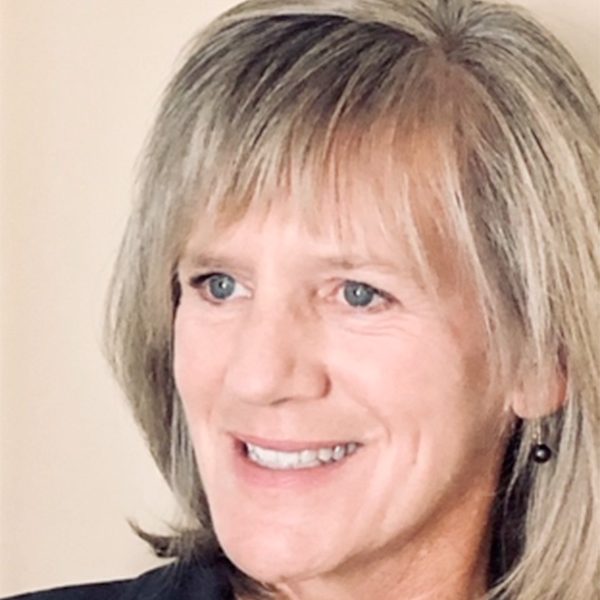
Linda Hunter
Linda Hunter is a retired executive health care leader and nurse who has worked locally, nationally, and internationally in healthcare over the last 35 years. Linda has worked with seniors in three long term care homes in Ontario – including two rural homes. She has spinal stenosis, osteoarthritis, fibromyalgia, and severe degenerative disc disease and has lived with chronic pain for over 15 years. Linda is a CIHR Patient Engagement Research Ambassador (PERA) for the Institute of Musculoskeletal Health and Arthritis with the Canadian Health Research Institutes (CIHR) and is a member of the Institute’s Advisory Board. She co-developed online educational modules for patients and researchers about Patient Engagement in Research – available through CIHR-IMHA. Linda also is a Board member of the Canadian Arthritis Patient Alliance (CAPA) and is a member of the Fibromyalgia Association of Canada’s Research and Education Committees.

Sandra Jayacodi
Sandra a former solicitor in the UK embarked on her journey as a Patient and Public Involvement and Engagement (PPIE) Contributor following her own lived experiences of poor mental and physical health. Sandra is also an Improvement Leader Fellow. She currently holds a variety of portfolio including that of a being PPIE co applicant for research, a peer researcher, a peer coach and trainer, PPIE advisor and contributor for various health care providers in the UK. Sandra brings the patient, carer and public perspectives and their needs into health care research, quality improvement, service design and in policy and guidelines. She strongly believes that although some of us may have the same diagnosis of an illness, our lived experiences of it will vary, based on who we are, including our ethnicity, gender, age, deprivation or privilege, and personality. These lived experiences are pivotal in the design of health care services, policy, guidelines, research and quality improvement work. As a patient herself she strongly advocates for a meaningful leadership that is not top to bottom but bottom up that starts with the patients.
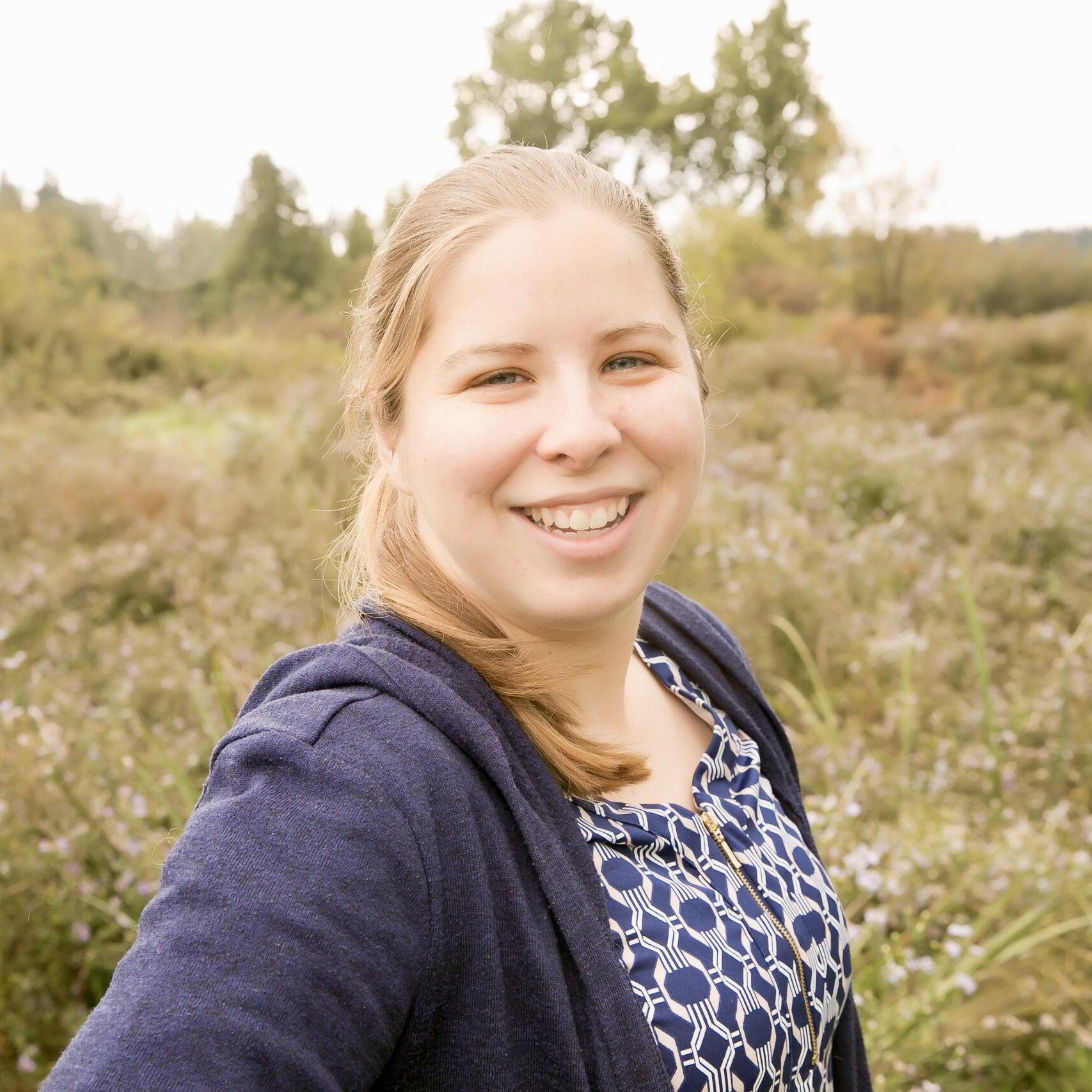
Dana Lewis
Dana Lewis founded the open source artificial pancreas movement (known as “OpenAPS”), making safe and effective automated insulin delivery (AID) technology available (sooner) for people with diabetes around the world. She authored the book, "Automated Insulin Delivery: How artificial pancreas “closed loop” systems can aid you in living with diabetes", to help more people understand automated insulin delivery systems, in addition to a series of children's books such as "Understanding Automated Insulin Delivery: Abasic book for kids, family, and friends of people living with diabetes". She is now an independent diabetes researcher and her peer-reviewed publications have been cited more than 1,500 times in the last five years.

Linda Li
Dr. Linda Li is Professor and Harold Robinson/Arthritis Society Chair at the Department of Physical Therapy, University of British Columbia, and Senior Scientist at Arthritis Research Canada. She also holds a Canada Research Chair in Patient-oriented Knowledge Translation. Dr. Li’s research focuses on the integration of digital tools in rehabilitation, including the use of wearables and apps to promote physical activity in people with arthritis, and in older adults to prevent falls. Dr. Li’s work in knowledge translation and implementation science has led to a new line of studies on strategies for engaging with patients and the public in the research process. Her work has been recognized by a Distinguished Scholar Award from the Association of Rheumatology Professionals in the U.S.
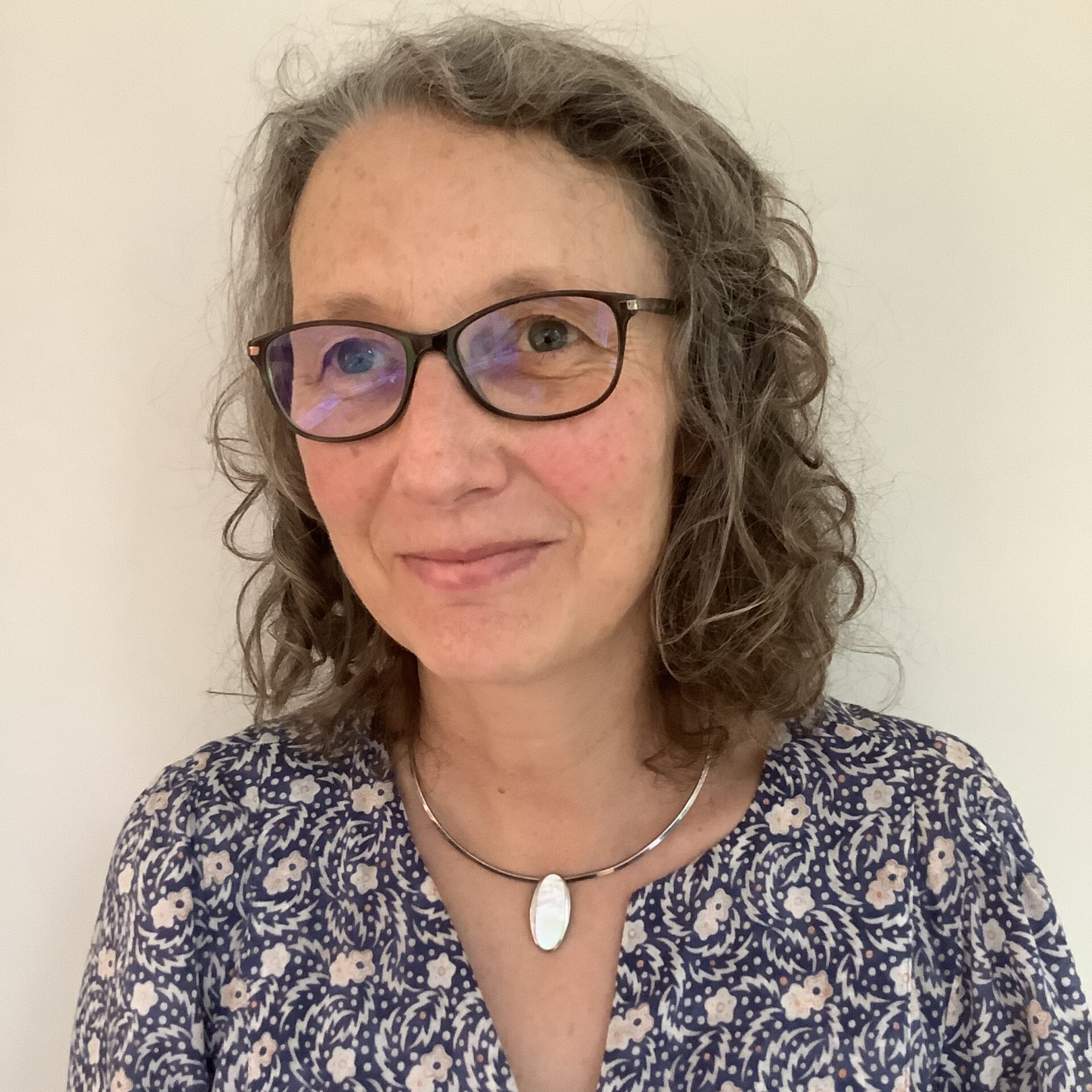
Lynn Laidlaw
I live with a rare, auto immune Rheumatic disease in overlap with inflammatory arthritis and multiple long term conditions. A 4 year diagnostic odyssey prompted my interest in Patient and Public Involvement and now I work with academics and health organisations across the U.K. and beyond. I am particularly interested in Co Production of health research and have worked as a patient/ peer researcher on a few co produced research projects.
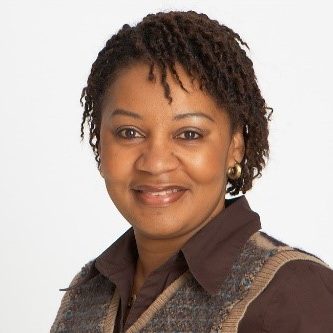
Rebecca Mbewe
Rebecca Mbewe is a Research Assistant with the SHARE collaborative at Queen Mary’s University London. She brings with her a wealth of community engagement experience that she has gained form having been involved in HIV work for over 20 years, which makes her well versed in the matters of Public and Community engagement. Rebecca’s involvement within the HIV sector has been in a professional capacity as well as in a personal capacity as a woman with lived experience of HIV of 27 years.
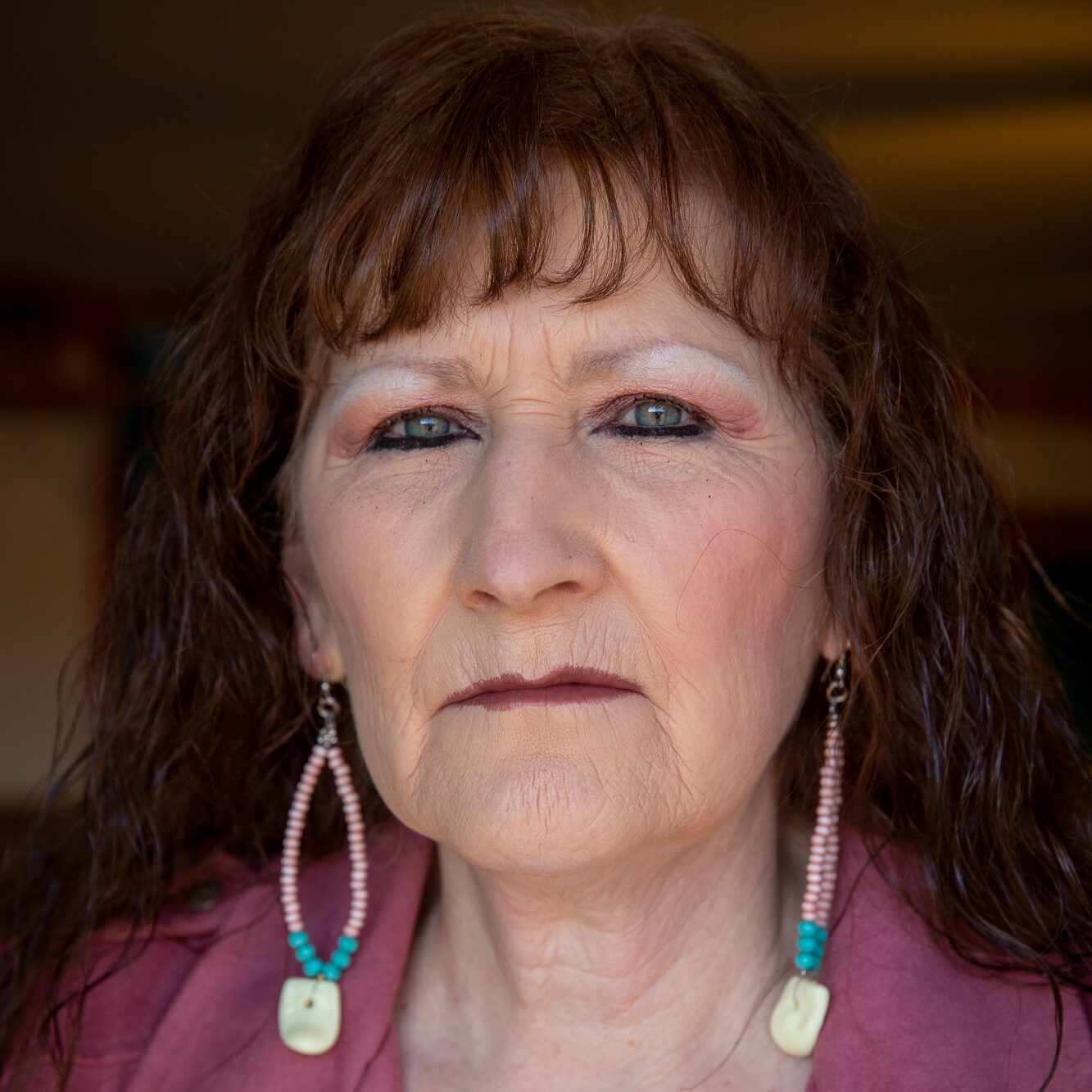
Alma McCormick
Alma McCormick is a member of the Crow Nation and the Executive Director of Messengers for Health, a Native American 501 (c) (3) nonprofit organization located on the Crow reservation. She is a leader and a community activist for improved health and wellness among her people. Her educational background is in community health and she furthered her education in health and wellness at Montana State University Billings. She has been actively involved in cancer awareness outreach and advocacy among American Indian women in Montana since 1996.
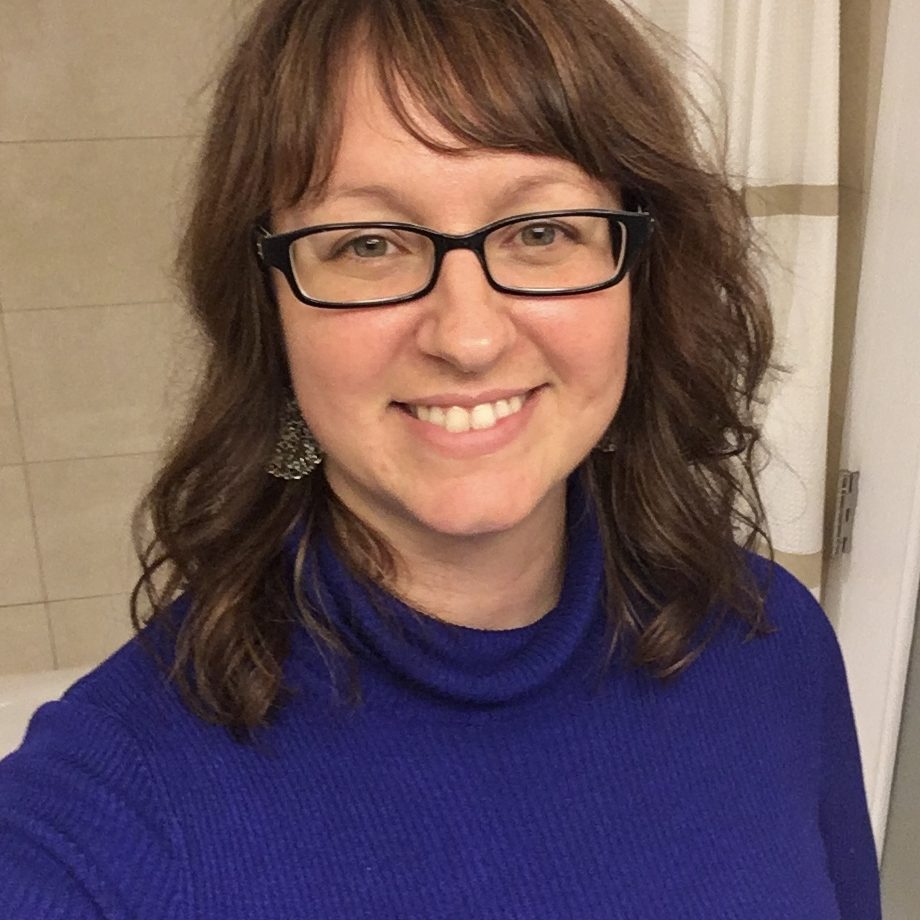
Sabrina Poirier
Sabrina worked within the private, public and not-for-profit sectors for over 20 years. Her work in politics, education and community development helped shape her perspective and fine tune her approach to meaningful engagement and positive systems change.
Sabrina is a co-founder of the ICanCME Research Network and the Chair of its Working Group on Trainee Development and Medical Education.
From 2018-2021, she served as a Research Ambassador for the Institute of Musculoskeletal Health and Arthritis (IMHA) at the Canadian Institutes for Health Research (CIHR) and from 2020-2023 as a Community Advisory Committee member for the NIH-funded Collaborative Research Centers Network in the US.
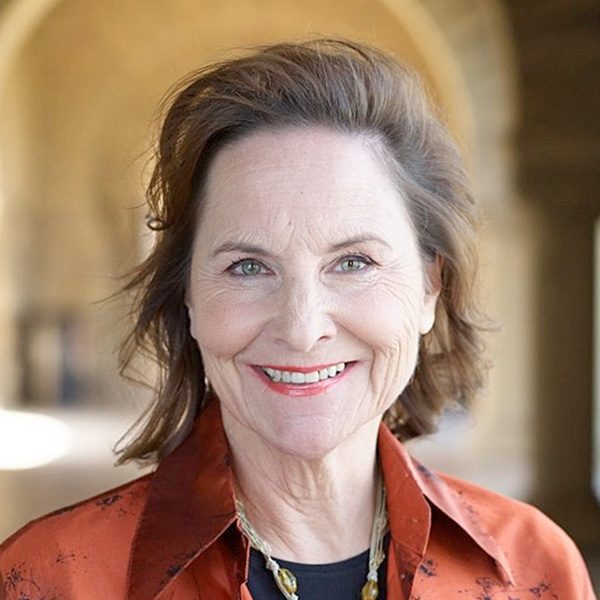
Amy Price
Dr. Amy Price worked as a Neurocognitive Rehabilitation consultant and in International Missions before sustaining serious injury and years of rehabilitation. She emerged with a goal to build a bridge between research methodology, research involvement and public engagement where the public is trained and empowered to be equal partners in health research. Amy’s experience has shown her that shared knowledge, interdisciplinary collaboration and evidence-based research will shape and develop the future. She serves as a BMJ Research Editor (Patient and Public Partnership) and is a Senior Research Scientist at Stanford School of Medicine.
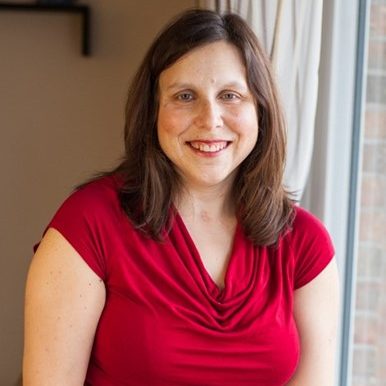
Laurie Proulx
Laurie Proulx has lived with Juvenile Rheumatoid Arthritis and disability since she was 14 years old and her experiences led to her involvement in the Canadian Arthritis Patient Alliance (CAPA), a grass-roots patient driven and managed organization. She currently works part-time for CAPA as managing director and works as a consultant for health care organizations, researchers, and patient organizations / health charities. Her consultancy focuses on patient and community engagement, knowledge translation, health and social policy analysis, and workplace inclusion for disabled people.

Sara Riggare
Sara Riggare (MSc, PhD) is a patient leader and patient researcher at Uppsala University in Sweden. She has made it her mission to bring patients, researchers, healthcare, industry, and policymakers closer together to improve health for all. Sara has been living with Parkinson’s disease for over 35 years and her research is focused on personal science, self-tracking, Quantified Self, and patient-led research. Sara develops models for selfcare in chronic disease based on her own experiences from managing Parkinson’s disease.
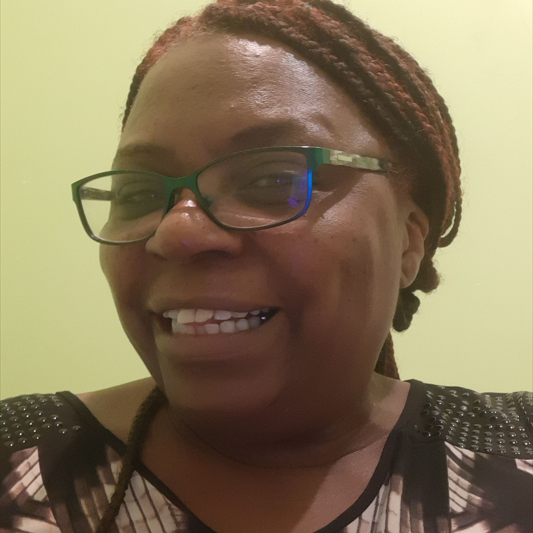
Angela Ruddock
Angela Ruddock lives in Manchester, is a retired HR Manager and has been a public contributor since 2011, after a career spanning 35 years in Human Resources working in the NHS, the University Sector and local government. She became involved in research as a public contributor as a result of health issues affecting both her elderly relatives and children and her experience in dealing with GPs, and other professionals, working in the Primary Care sector as a carer/advocate/parent. She has been involved in many research projects since then, mostly in the area of Primary care, providing advice and guidance from a patient/public perspective to researchers, assistance in writing Plain Language Summaries, working as a PPI collaborator on a number of research projects and as a member of a Patient/Public Advisory Group.
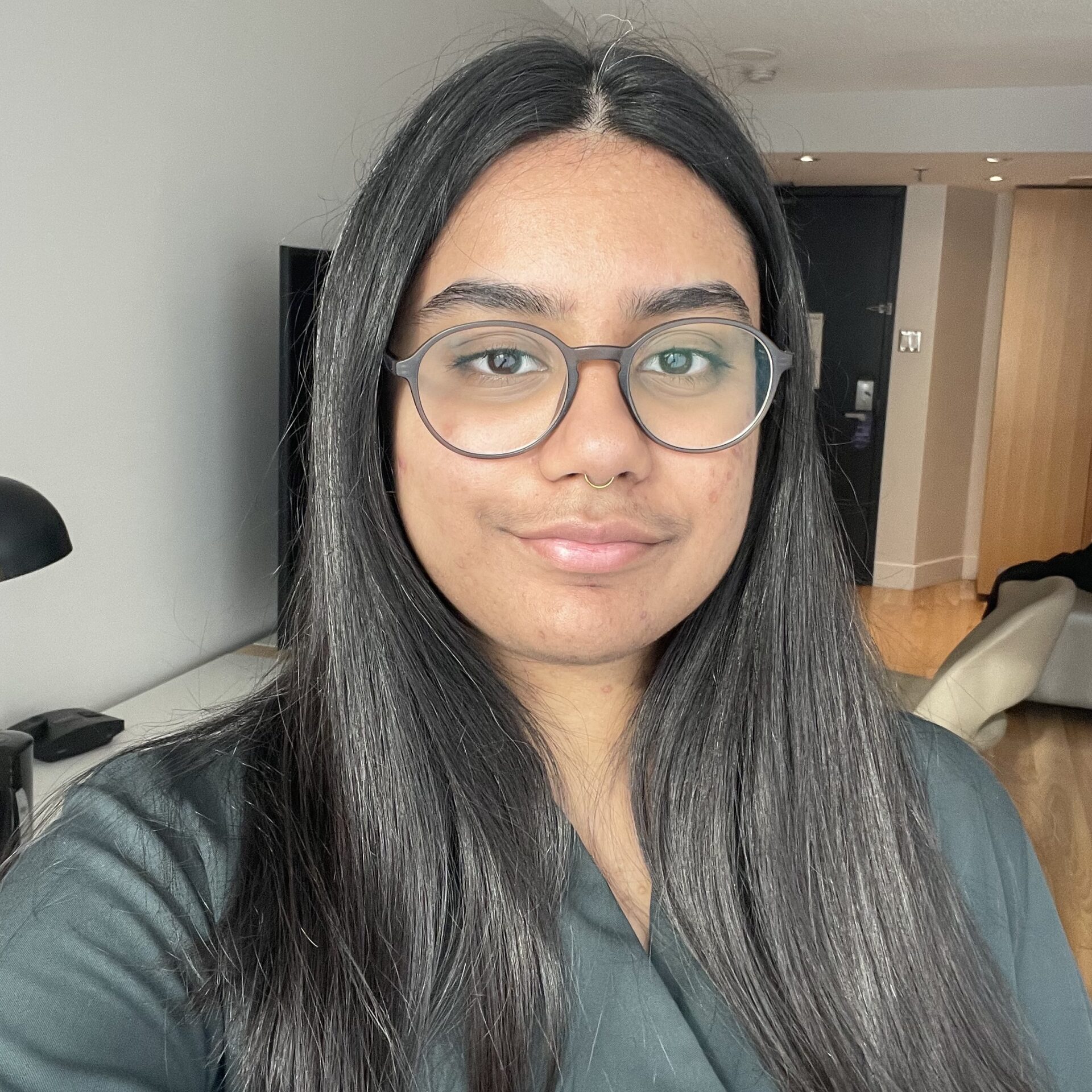
Anna Samson
Anna Samson (they/she) is a 24-year-old desi, queer, disabled person living near Toronto, Canada. They are a writer, poet, and an advocate fordisability and mental health. They have ankylosing spondylitis, fibromyalgia, and more. They have experienced symptoms since they were a child but it worsened during their teens. Anna now uses a cane full time and frequently uses a walker. They are passionate about using their intersectional lived experiences to raise awareness for chronic illnesses, disabilities, and mental health. They raise awareness by working with rheumatic disease organizations, being a part of research teams, writing poetry, creating content, and engaging with community on social media. You can find more of their advocacy work on Instagram and TikTok @chronicallyillxo and Twitter @chronicallyillx.
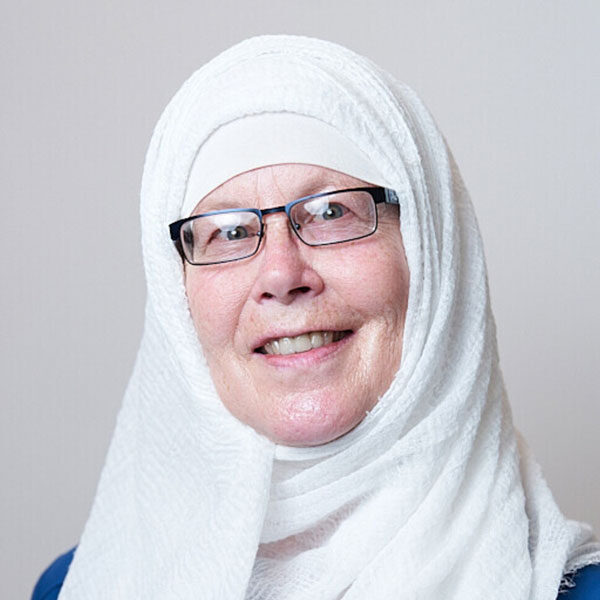
Janice Tufte
Janice Tufte resides in Seattle, Washington USA and is active as a patient partner in health systems research and quality improvement efforts around the globe. Janice developed local Emergency Muslim Resource Guides two decades ago and today carries forward current resource knowledge around the social drivers of health and how they can impact complex care while addressing disparities in the delivery of whole person care. Janice serves on multiple technical expert panels, committees, and workgroups sharing the importance of equitable and collaborative inclusion in study design, conduct, implementation, and dissemination. More here: www.janicetufte.com

Hannah Wei
Hannah Wei is a co-founder at the Patient-Led Research Collaborative, an international organization of Long-COVID patient-researchers and advocates at the forefront of the Long COVID patient-led movement.
Since the beginning of the pandemic, PLRC has brought together an interdisciplinary team of patients with backgrounds in medicine, neuroscience, participatory design, public policy, cognitive science, research engineering, data science, biostatistics, virology, psychiatry, neurology, pediatrics, and social epidemiology. We have collaborated with the Long COVID taskforce at the WHO, CDC and co-authored over a dozen papers, including the paper on Characterizing long COVID in an international cohort: 7 months of symptoms and their impact published in the Lancet.
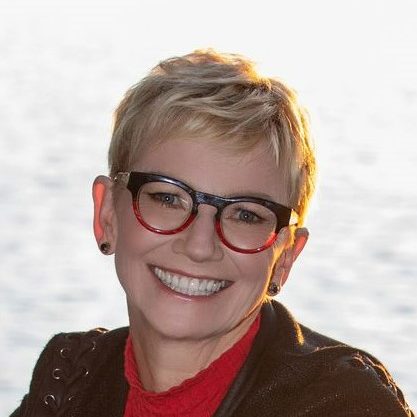
Professor Karen Woolley
As a bereaved parent, clinical trial participant, and caregiver to immediate family members with acute and chronic conditions, Karen’s lived experience has motivated her to work with patients - as partners - in her medical communications career. With patient leaders in the Asia Pacific, European, and North American regions and her medical communication colleagues, she has conducted, presented, and published award-winning research on the ethical and effective involvement of patients in publications. This research has led to practical outcomes with the co-creation of free, evidence-based, online resources for plain language summaries of publications (https://www.envisionthepatient.com/plstoolkit) and for patient authorship https://www.patientauthorship.com/).
News and Updates
Sign up to receive news and updates about PxP.
